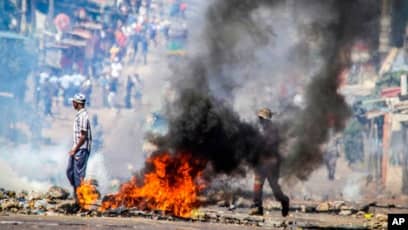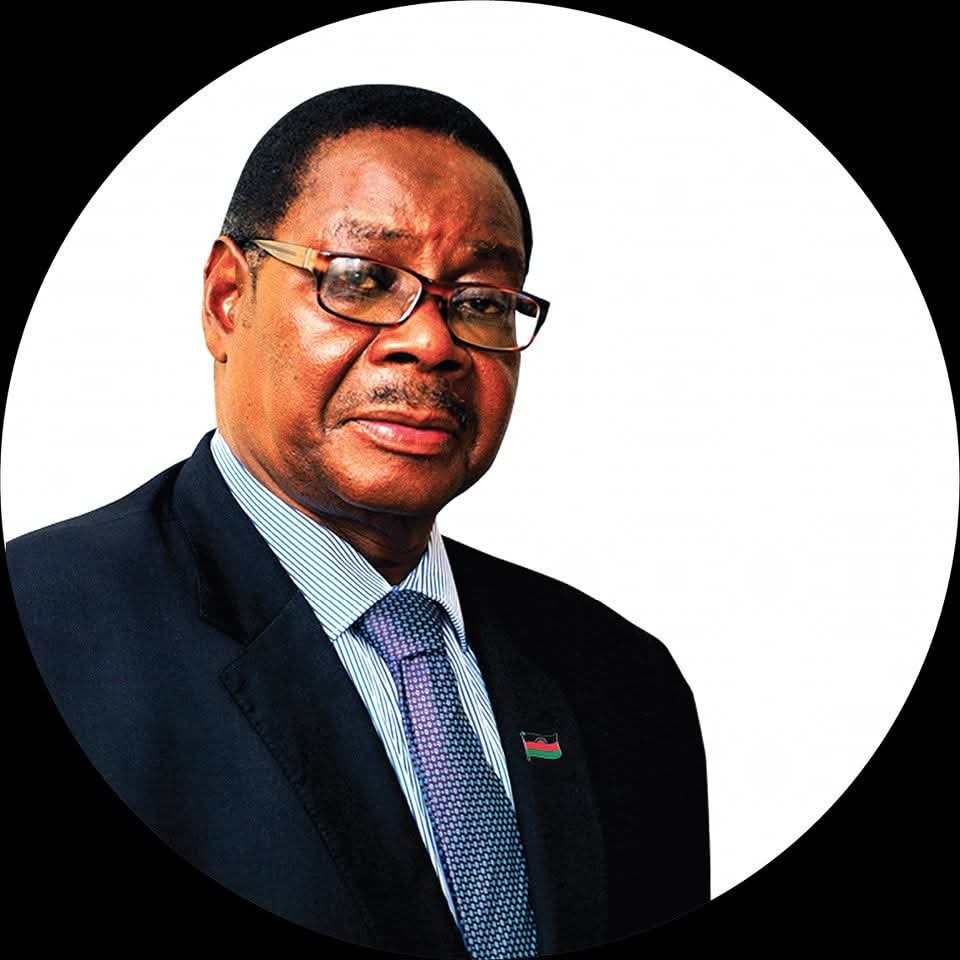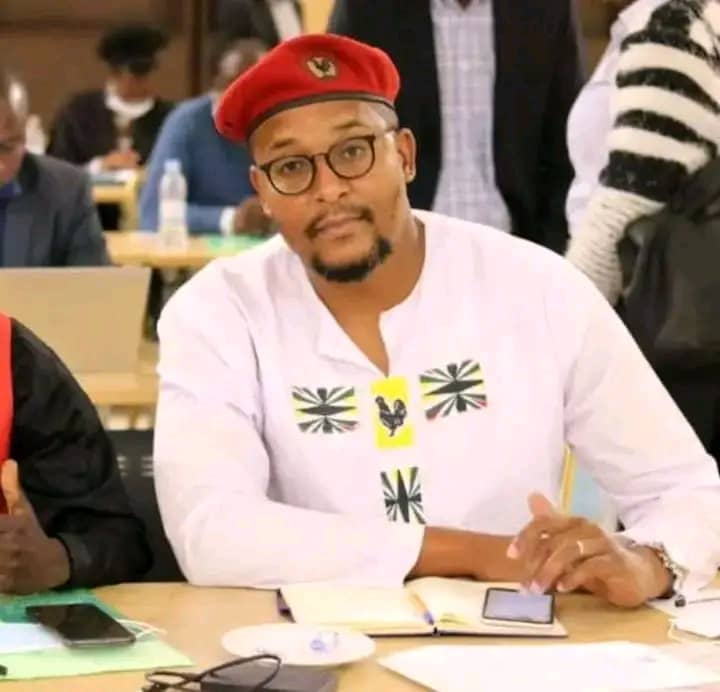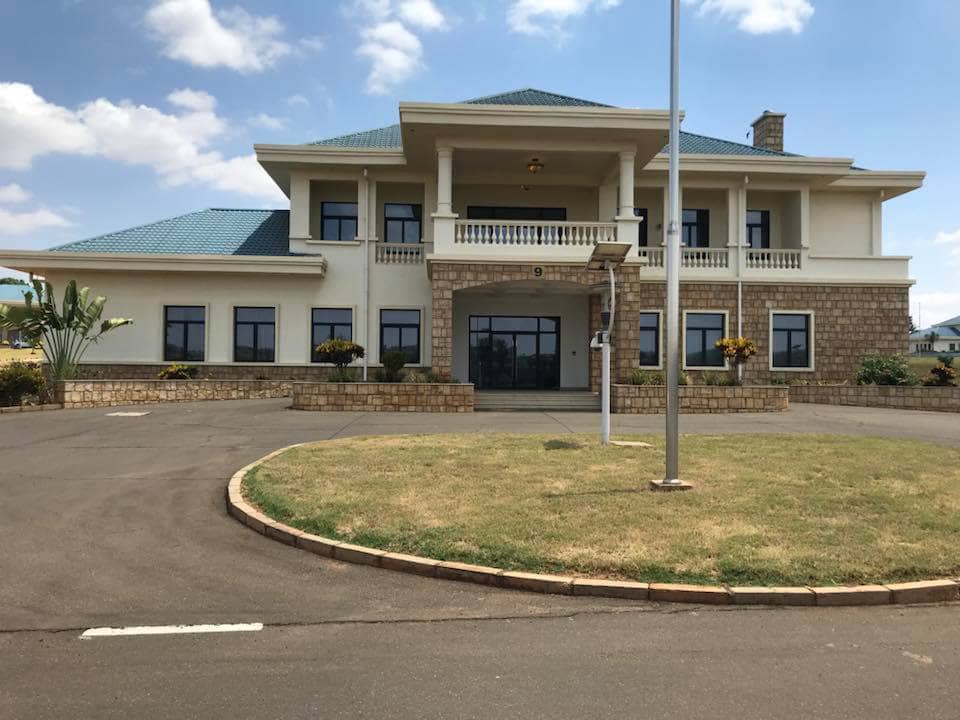By Burnett Munthali
Mozambique is currently embroiled in political unrest, with opposition youth taking to the streets and blocking roads with stones in protest against the ongoing political instability. The situation has sparked significant concern both within Mozambique and in neighboring countries, particularly Malawi, due to the reported mistreatment of Malawians by Mozambicans.
Vincent Gunde, shared his thoughts on the escalating unrest, stating that the protests are primarily driven by anger against the ruling government. The opposition youth, feeling marginalized and dissatisfied with the current administration, have resorted to these disruptive tactics to voice their discontent. While the political unrest is alarming, it is not the only source of tension between the two nations.
The situation has shed light on an issue that many Malawians are experiencing in Mozambique: mistreatment due to language and cultural barriers. According to reports, many Mozambicans view Malawians as outsiders, and their inability to speak Portuguese often leads to discrimination and abuse. Malawians in Mozambique have faced verbal and physical abuse, with some reports highlighting instances where they have been attacked or harassed without any clear reason, such as the case of a Malawian driver who was beaten by Mozambicans under unclear circumstances.
In conversations among local commentators, concerns have been raised about how Malawians are treated not only in Mozambique but also in other countries in the region. Some have highlighted that even when Malawians travel through countries like South Africa, they often face hostility from Mozambicans, which exacerbates the tensions between the two countries. As one commentator noted, “People in Mozambique are not friendly at all, and this creates challenges for Malawians living or working there.”
The language barrier is frequently cited as the root cause of much of the abuse faced by Malawians. Vincent Gunde emphasized that the inability to communicate in Portuguese often makes Malawians vulnerable to exploitation, with many being targeted simply because they are not fluent in the language. This situation highlights the need for greater understanding and empathy between the two neighboring countries.
In light of these challenges, some have suggested that the Malawian government take proactive steps to address the situation. Vincent Gunde proposed that Malawi could invite the two major political factions in Mozambique for peace talks in a bid to foster diplomatic dialogue and work toward resolving not only the political crisis but also the issue of discrimination and mistreatment of Malawians. By facilitating such talks, Malawi could position itself as a leader in promoting regional peace and cooperation.
Despite the challenges, there are calls for compassion and solidarity with the people of Mozambique as they navigate their political unrest. However, there is also a clear need for action to protect Malawians from further mistreatment and ensure their safety and well-being while abroad. Malawi’s response to the ongoing unrest and the mistreatment of its citizens will be critical in shaping future relations between the two nations.
As the unrest continues in Mozambique, it is essential for both governments to address these concerns and work together to ensure peace, stability, and mutual respect for the people of both countries. Only through dialogue, understanding, and cooperation can the tensions between the nations be alleviated, ensuring a more peaceful and just future for all.




